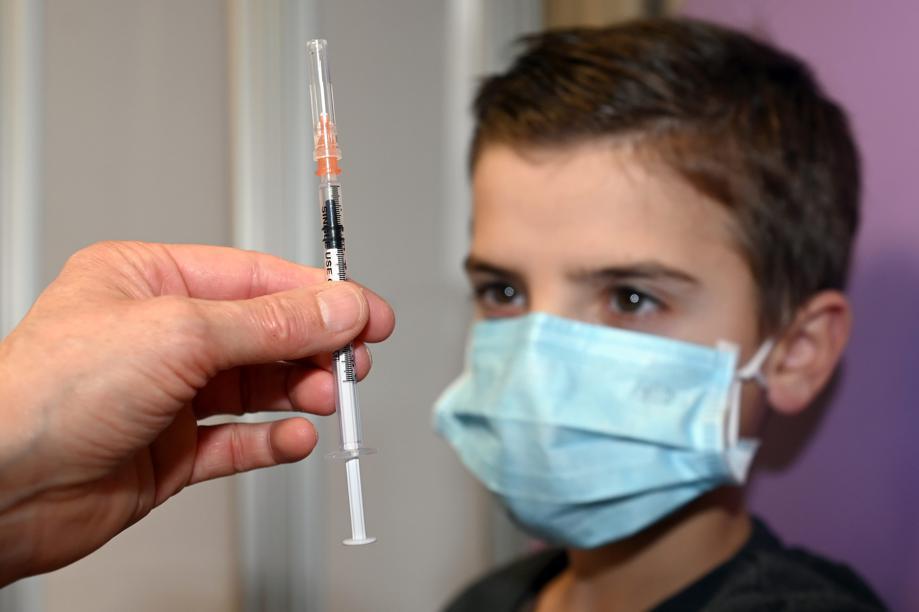The Bioethics Committee has prepared a preliminary opinion on the vaccination of children aged 5 to 11 years. In it, it recommends that children with one or more underlying conditions be given a vaccine ‘without delay’.
–
The Committee on Bioethics, at the request of the federal government and because of ‘the questions that childhood vaccination raises in the public’ a preliminary advice drawn up. Because it cannot yet unequivocally answer a number of questions, a more extensive advice is expected at the beginning of 2022.
It can be concluded from the preliminary advice that a vaccine for children with one or more underlying conditions is desirable. This is due to the demonstrated increased risk of hospitalization if a child is not vaccinated.
Literally: “Since there is a vaccine available that is considered safe and effective by the health authorities, the Committee believes that vaccination for this category of children should be recommended and made available without delay for this category of children, in order to to protect them.’
‘Ethically acceptable’ for children without conditions
The advice for the vaccination of children without underlying conditions is worded more cautiously. It states that it is “ethically acceptable” for the government to provide a vaccine for children. The Committee is skeptical because there is not yet enough data available to demonstrate the effectiveness of the vaccine against virus transmission in children. For example, clarity should soon be provided about the protection of the vaccine against the omikron variant, the advisory committee believes.
If the effect against virus transmission has been sufficiently demonstrated, it can also be used as an argument to vaccinate widely. Because less virus in society would mean that children’s lives are turned upside down less. The definition of health takes into account both mental and physical health.
In that regard, the Committee opposes the argument that Covid-19 has no direct impact on children. “People who work with children in a professional setting (both in education and in physical and mental health) emphasize how much children have suffered and continue to suffer from the barriers in their school and extracurricular activities, how much they are affected by the downsizing of their social environment and how much they can experience fear at the thought that they could infect loved ones.’
Warning
The Committee emphasizes the importance of transparent and good communication. In addition to the benefits of the vaccine, the government should also point out the limitations. For example, it must be made sufficiently clear that vaccination at this stage ‘will not automatically lead to the lifting of health measures.’ Loosely translated: the government should not make promises it cannot keep.
It also warns ‘against the temptation to let children take on responsibilities that are not their own’. Therefore, no distinction should be made between vaccinated and unvaccinated, for example with regard to access to school trips. Vaccinating children without underlying conditions should also not hinder the adult booster campaign and the vaccination of children with underlying conditions.
Finally, importance is also attached to keeping the schools open. That is why it is argued that priority should be given to teachers when administering the booster shot.
On Monday, health ministers will decide the issue. It takes into account the advice of the Committee on Bioethics and the advice of the High Council of Health.
– .

:quality(80)/cdn-kiosk-api.telegraaf.nl/6c15078c-5e71-11ec-b202-02c309bc01c1.jpg)
